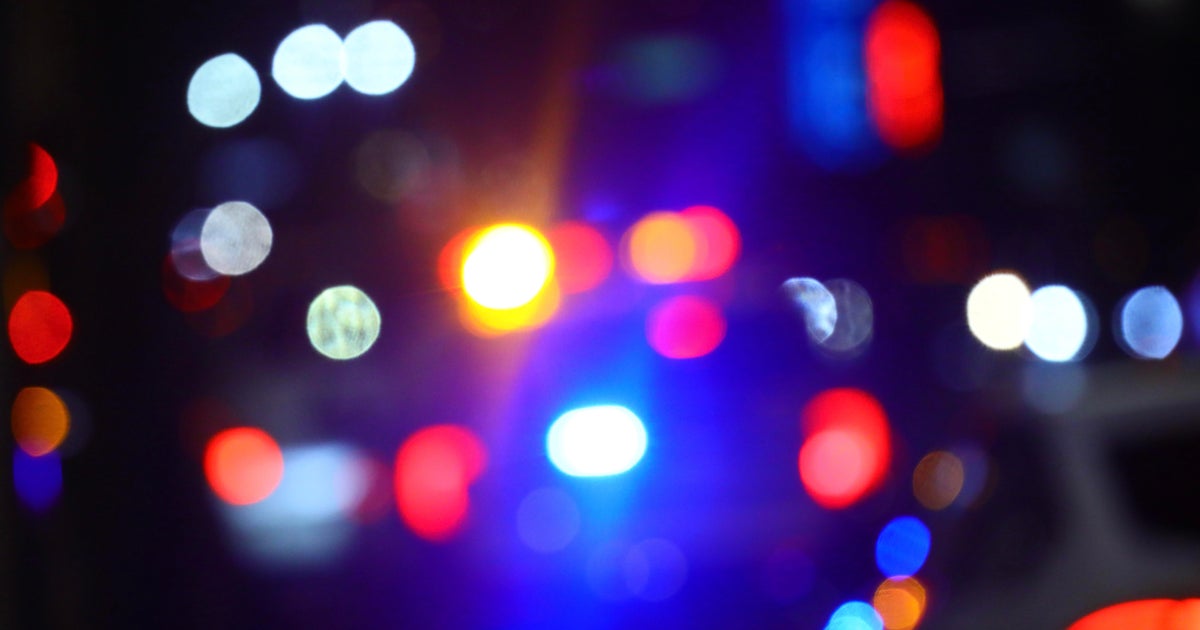Local Prosecutors, Critics Speak Out About DNA Arrest Supreme Court Decision
By Todd Quinones
PHILADELPHIA (CBS) - The Supreme Court cleared the way for police to take DNA samples from anyone they arrest for a serious crime.
Local prosecutors say the ruling will help them, but critics say it will affect the innocent.
The Fairmont Park rapist is wanted for the murder of medical student Rebecca Park and the rape and assault of other women.
For more than 10 years now, he has escaped justice for his crimes here.
But under the Supreme Court's ruling on Monday, in theory if he was arrested in another state, and a swab was used to collect his DNA, police would finally be able to link him to the violent crimes in Fairmont Park and throw him in prison.
Tom Hogan is the Chester County District Attorney.
"This gives us a tool to make sure the right people are convicted of the right crime. So it should be a win-win for everyone involved," Hogan said.
In the five to four decision, justices in favor compared warrantless DNA testing of anyone arrested for a serious crime to fingerprinting or photographing a suspect.
But in his dissent, Justice Antonin Scalia said "because of today's decision, your DNA can be taken and entered into a national database if you are ever arrested, rightly or wrongly, and for whatever reason."
Criminal defense attorney Emeka Igwe contends the court's ruling is a slippery slope down a new dangerous path, saying DNA provides much more personal information than fingerprints or a photograph.
"Someone who is innocent or has charges dropped and whose DNA was collected, once they're acquitted they will sue the government and say that their DNA collected should either be destroyed or somehow returned on to them," Igwe said.
District attorney Hogan agrees there must be restrictions placed on what the government can do with the DNA, but that may be left up to individual states to decide.



